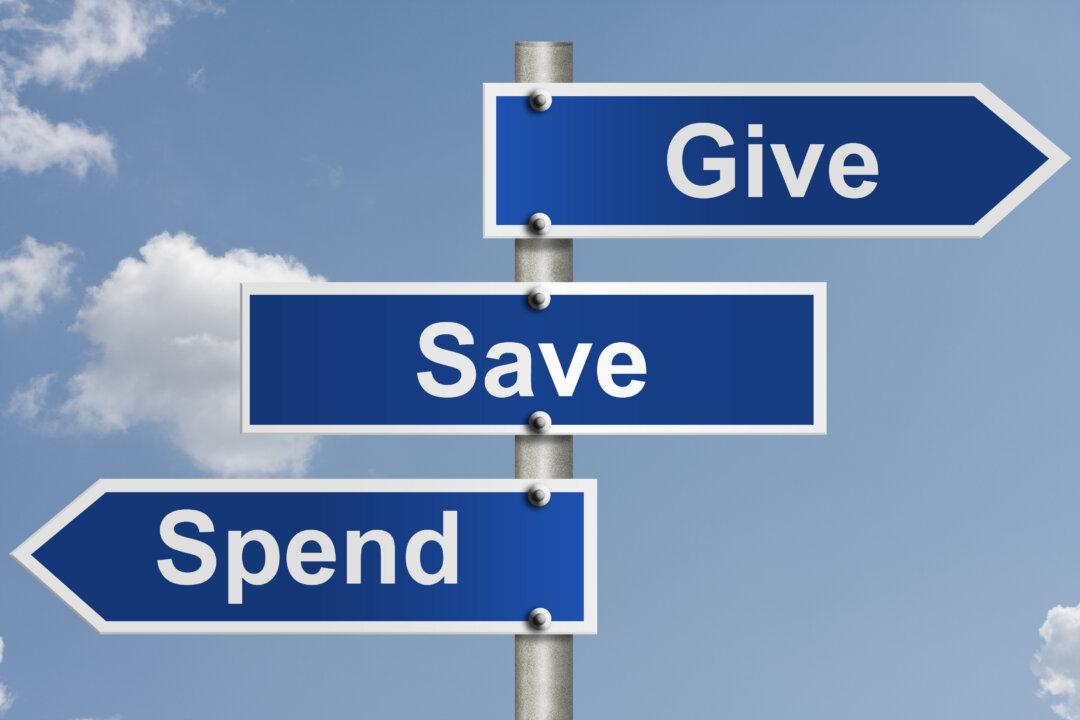It took me a long time to fully understand this profound truth: Money is not for spending. It is for managing first and then for spending. No one knows better than I do that it takes courage to believe that, but when you do, it will transform the way you think about and then manage your money.
Imagine this: It’s Friday, a day you have come to know and love as Cake Day (just go with me on this). You want cake, you love cake, and doggone it, you deserve to eat cake! You stop at the store and pick up the required ingredients to bake your favorite cake.





